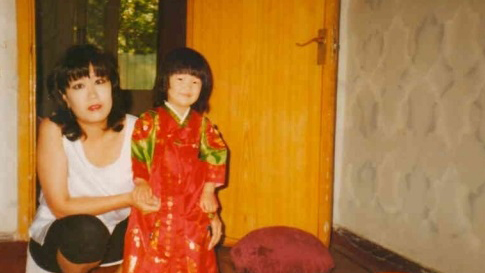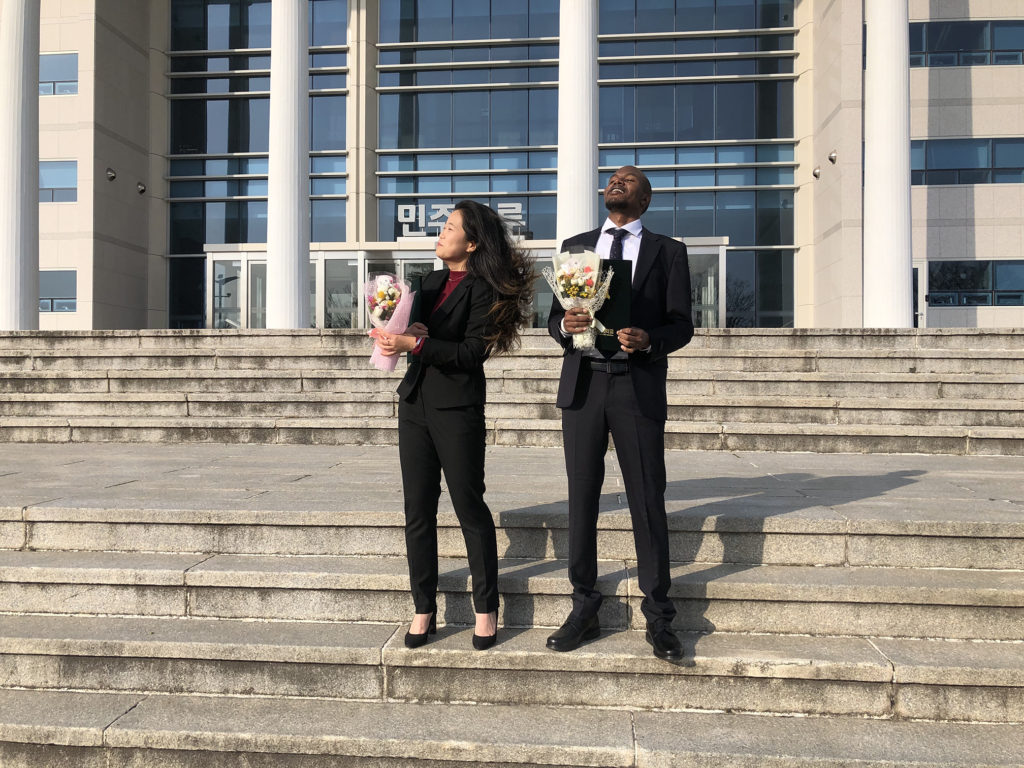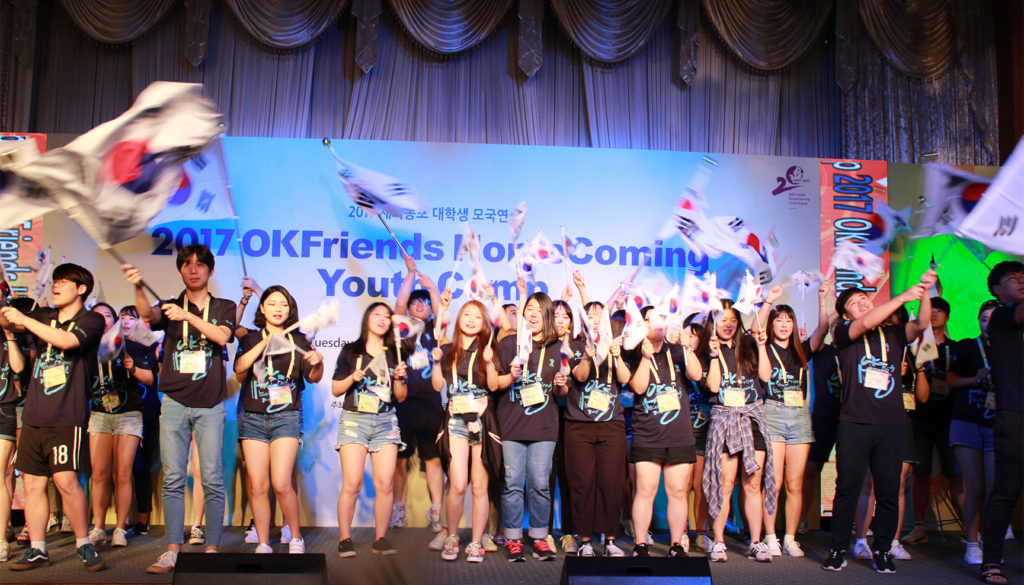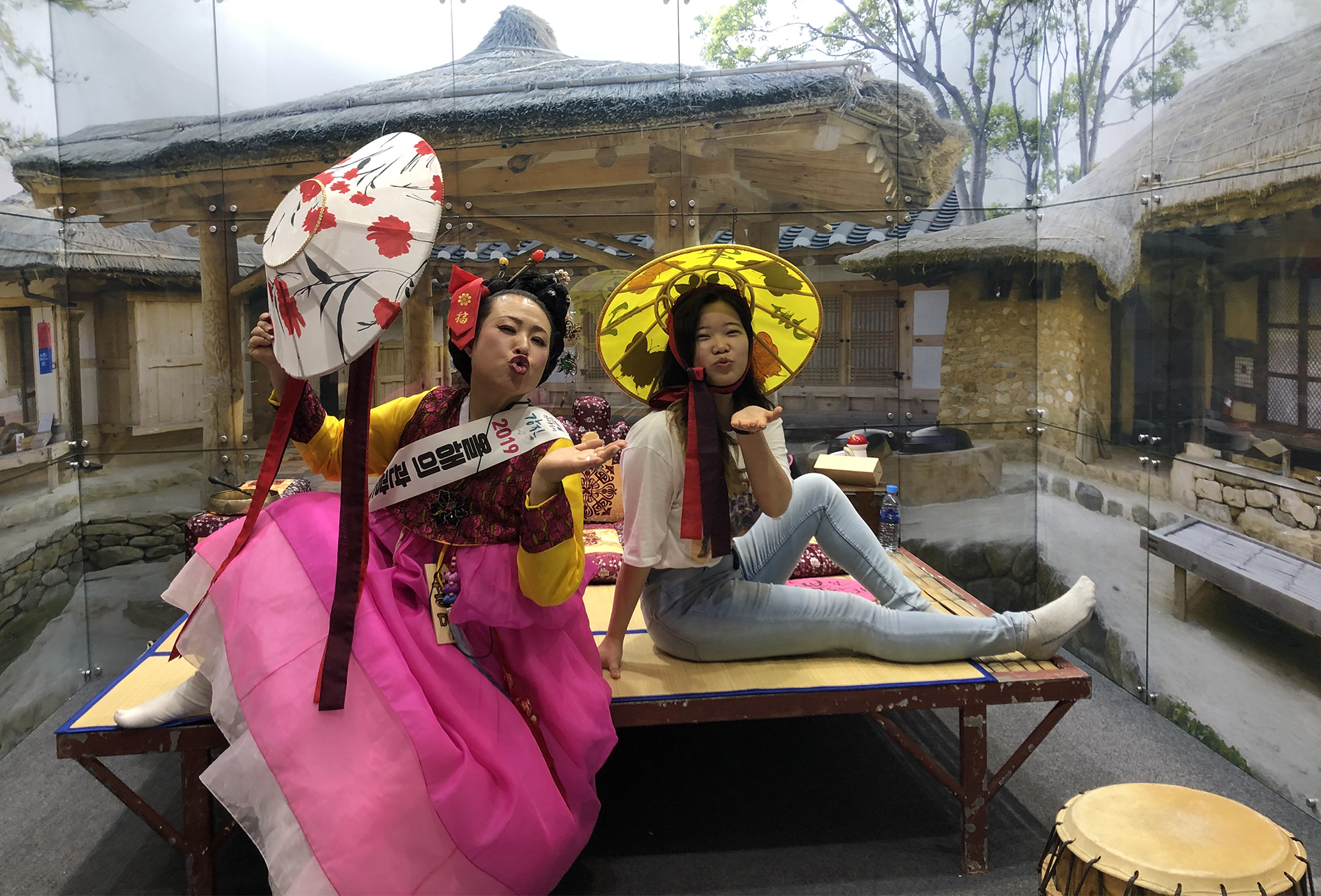Proud of Being Korean
Written by Elina Park.
Being a Korean from Uzbekistan who speaks Russian sounds complicated, does it not? Every time I meet new people, they get pretty surprised and cannot understand how this can be. Consequently, I have to explain the history of my family and other people like me who were born and raised in Uzbekistan. So, now I have become a master at telling, in just three minutes, the whole history of how my ancestors got to the Soviet Union and how my family moved to Uzbekistan. You can read about it below.
I am a third-generation Korean born in Uzbekistan; the first generation came to Uzbek lands in 1937 due to forced deportation from the Russian Far East to Kazakh and Uzbek in the USSR. Since in the USSR there was only one commonly accepted language, Russian, all other languages were forbidden; my grandparents and parents had no choice except to learn Russian. As a result, my parents have already forgotten the Korean language. My generation and those born after me do not know Korean and so most of the time they speak Russian instead. In 1991, Uzbekistan gained independence, and Uzbek became an official language. However, Koreans found it hard enough to adapt to the Russian language, and many of us cannot speak Uzbek, myself included.

According to my grandmother, our ancestors were sent to Soviet lands during the Korean-Japanese war and then, due to the new war between Russia and Japan, Koreans were sent to Central Asia. Since my childhood, my grandmother told me to remember that I am Korean and that I should know our history and culture. Unfortunately, she never had an opportunity to visit our ancestors’ land, but I made her dream come true. After living in Tashkent for about 19 years, I came to Korea and obtained my bachelor degree as a scholarship student at Chonnam National University majoring in business administration, and currently I am living and working in Gwangju.
However, this was not my first time to come to South Korea. My parents and I traveled to Seoul for a week when I was about 10 years old. My first reaction was “Wow, there are so many people that look like me! All of them seemed like my relatives!” We just traveled around Seoul, visiting Seoul Grand Park Zoo, Aqua World, and 63 Building while eating great food and taking night walks. I kept that week deep in my heart because the place felt like a home for me, and I promised myself that I would come back again. As a kid, I really loved tteokbokki (떡볶이) and Korean chicken, which were the foods I later missed the most. Still, as a grown-up I am still in love with tteokbokki and enjoy crispy, fried chicken with garlic sauce.

Approximately fifteen years ago, many people did not know that there were Koreans in Central Asia. Even when I came to study in 2016, a lot of people did not know about Koryo-saram (고려사람). They considered me Uzbek and could not understand why I spoke to other Uzbeks in English or Korean. However, as time went by, many people got to know about us and that there is a lot of aid from the Korean government to overseas Koreans. Next, I will go over a few such programs assisting overseas ethnic Koreans like me.
First of all, for Uzbek-Koreans, there are generally three types of visas that we can receive by proving our Korean ancestry.
C-3-1(8) Visa: This is a short-term general visa that can be received easily by all overseas Koreans, usually for travel and family visits with residency lasting up to 90 days.
H-2 Visa: This is a work and travel visa for overseas Koreans who were Korean at the time of birth and have a Certificate of Family Registry. It comes with up to two years of residency, which can be extended.
F-4 Visa: This visa is known as a visa for overseas Koreans that gives the right to live and work officially in South Korea and can be extended multiple times. However, for Uzbek-Koreans, this visa can be given to people with an education higher than high school or people who received special courses for obtaining professional skills in some specific areas like baking or hairstyling and passes the related exam. It is also available to overseas Koreans who are 60 or older.

2017 OKFriends Home Coming Youth Camp photo was taken
from http://www.youth.go.kr/.
There is also the Overseas Korean Foundation (OKF), which is similar to the KGSP (Korean Government Scholarship Program) and was created to support overseas Korean studying in local universities for undergraduate and graduate programs. This scholarship includes airfare (roundtrip), a monthly allowance of 900,000 won, a settlement allowance, medical insurance, language training expenses, and tuition. Moreover, there is a program called the OKFriends Homecoming Teens and Youth Camp, which gives heritage Korean teens and youth from around the world a chance to meet each other in Korea and develop a sense of pride in their Korean heritage by experiencing the society, history, and culture of their homeland. Many of my friends also participated in this program as participants and volunteers as well. All of them were really happy to join this camp, which was fully supported. For some participants, it was their first chance to visit Korea. Amazing programs like these help overseas Koreans to visit the country of their ancestors and keep the culture and history in their hearts and minds.

I was always proud of being Korean, and I am also happy that I was born and grew up in such a warm and hospitable country as Uzbekistan. One summer, about two years ago, I met three university students who were doing interviews in one of the small villages in Uzbekistan where many Korean elders are still residing. They were working on school research and gathering information about how Koreans came to Uzbekistan. I keep in my heart and mind all the memories of our ancestors that my grandmother left me – memories I hope to pass on to the next generation. I really wish people can learn more about us and keep us in the pages of our national history.
THE AUTHOR
Elina Pak is an ethnic Korean who was born and raised in Uzbekistan. Recently, she received her bachelor’s degree in business administration at Chonnam National University. Currently, she is a GIC Intern in CNU Language Education Center. Instagram: @elibuuuuu.



